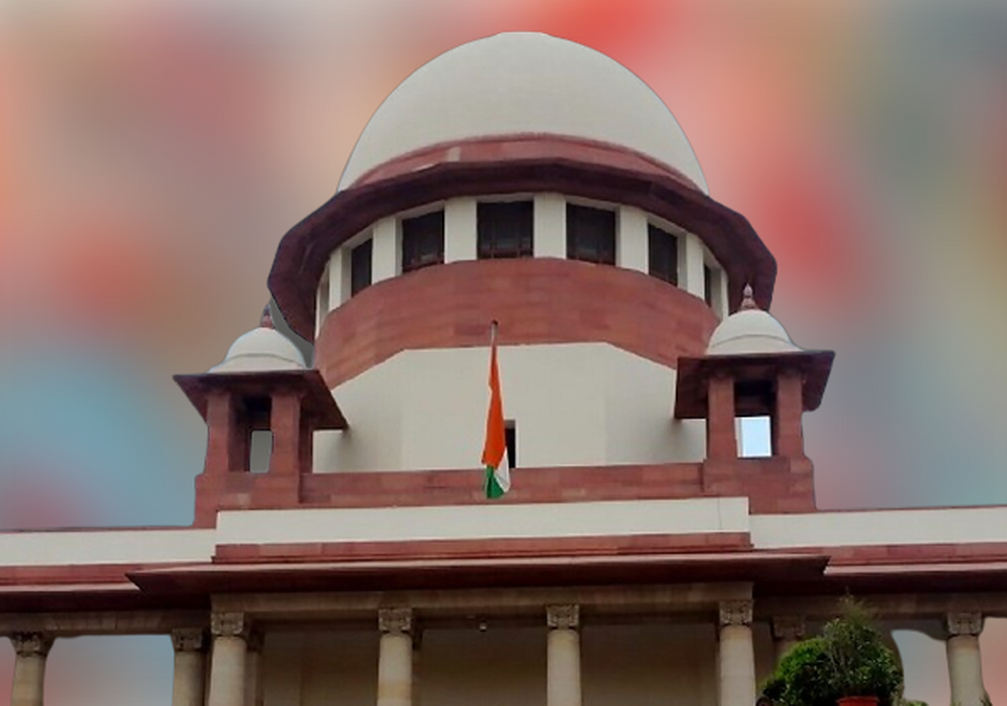Apex Court: Consent of SEBI is not mandated for compounding offences u/s 24A of SEBI Act

Read Judgment: Prakash Gupta vs SEBI
Pankaj Bajpai
New Delhi, July 24, 2021: The Supreme Court has ruled that the consent of the Securities and Exchange Board of India (SEBI) is not mandatory for compounding of offences u/s 24A of the SEBI Act.
The Apex Court, however, made it clear that the Securities Appellate Tribunal (SAT) or the court compounding the offence must elicit the views of the market regulator since it is an expert body.
The Division Bench of Justice DY Chandrachud and Justice MR Shah observed that while the statute has entrusted the powers of compounding offences to SAT or to the court, the SEBI is not conferred with any authority to veto a decision regarding compounding.
The SC thus dismissed the appeal at the instance of SEBI. The dispute which led to filing of the present appeal before the Apex Court, was a Delhi High Court order dismissing an application by one Prakash Gupta u/s 24A of the SEBI Act for compounding of offences. He is an undertrial in a case registered for violation of provisions of SEBI Act, wherein the trial court had rejected his application u/s 24A.
“Section 24A is conspicuously silent in regard to the consent of SEBI before the SAT or, as the case may be, the Court before whom the proceeding is pending can exercise the power. Hence, it is clear that SEBI’s consent cannot be mandatory before SAT or the Court before which the proceeding is pending, for exercising the power of compounding u/s 24A. While SEBI does not have a veto, having regard to the language of Section 24A, its views must be elicited,” observed the High Court.
Expressing that the views of SEBI is indispensable, the Top Court opined that SEBI can provide an expert view on the nature and gravity of the offence and its implication upon the protection of investors and the stability of the securities’ market.
The Supreme Court added that before taking a decision on whether to compound an offence punishable u/s 24(1), the SAT or the Court must obtain the views of SEBI for furnishing guidance to its ultimate decision.
Reiterating that the views of SEBI must be accorded a high degree of deference, unless manifestly arbitrary or mala fide, the Bench said that the Court of law must be wary of substituting its own wisdom on the gravity of offence or the impact on the markets, while discarding the expert opinion of SEBI.
Sign up for our weekly newsletter to stay up to date on our product, events featured blog, special offer and all of the exciting things that take place here at Legitquest.




Add a Comment